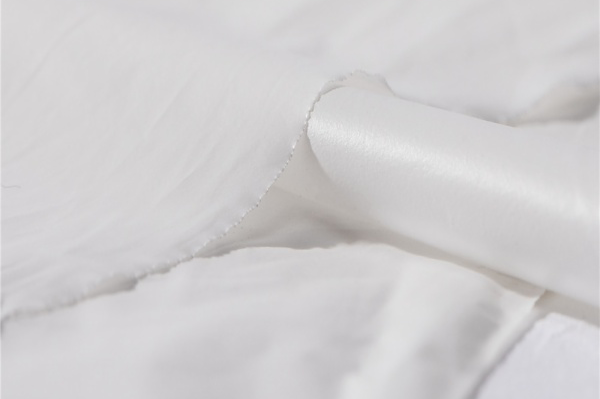
Bio-based materials refer to biomass materials made from renewable natural resources (such as corn, cassava, wheat, potato, cellulose, palm oil, etc.) bio-based compounds, bioplastics, wood-plastic composite materials which made by biological, chemical, and physical methods are environmentally friendly, renewable and biodegradable. Bio-based material is widely used to produce shoes, bags, clothing, daily necessities, packaging materials or disposable tableware, hotel spare parts, etc., and can also be used in the biomedical field.
Although bio-based materials and bio-degradable materials are similar in some fields, bio-based materials and bio-degradable are difference essentially. bio-based materials is material with low-carbon, environmentally friendly and sustainable sources. They are not necessarily biodegradable. Discards of biodegradable materials product are environmentally friendly, biodegradable materials can also be polymerized with monomers which from petrochemical sources.
| Polyol Type | Bio Source | Plant Location | Hardness | Transparency | Bio-Base Content |
| Polyester | Castor oil & Corn | Shanghai | 65 A | Good for 2 mm thickness | 51 %(ASTM D 6866) |
| Shanghai | 70 A | 47% | |||
| Shanghai | 85 A | 48% | |||
| Shanghai | 90 A | Translucent | 46 %(ASTM D 6866) | ||
| Shanghai | 95 A | 43 %(ASTM D 6866) | |||
| Taiwan | 64 D | 35 %(ASTM D 6866) | |||
| Polyester | Corn | Shanghai | 95 A | Good for 2 mm thickness | 29 %(ASTM D 6866) |
| Polyether | Corn | Shanghai | 70 A | Very good also for higher thickness (like standard 11 series) | 54.20% |
| Shanghai | 85 A | 54 %(ASTM D 6866) | |||
| Shanghai | 95 A | 46 %(ASTM D 6866) |